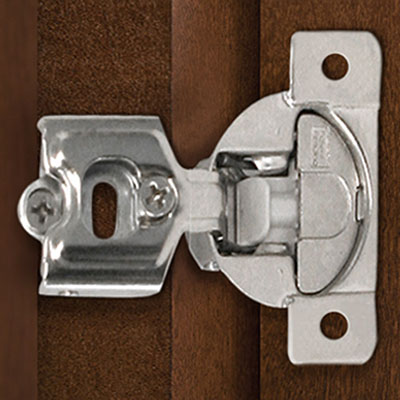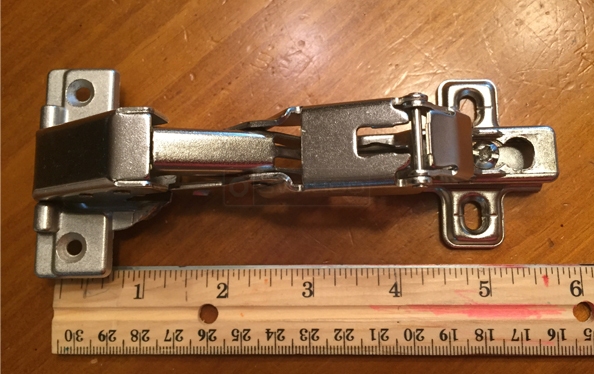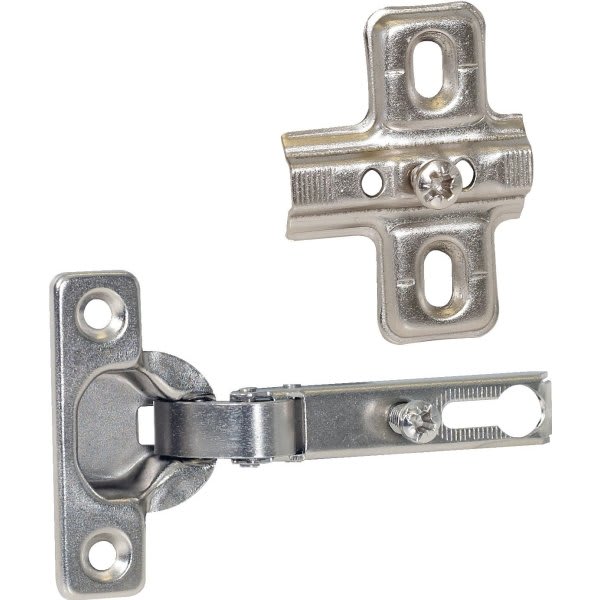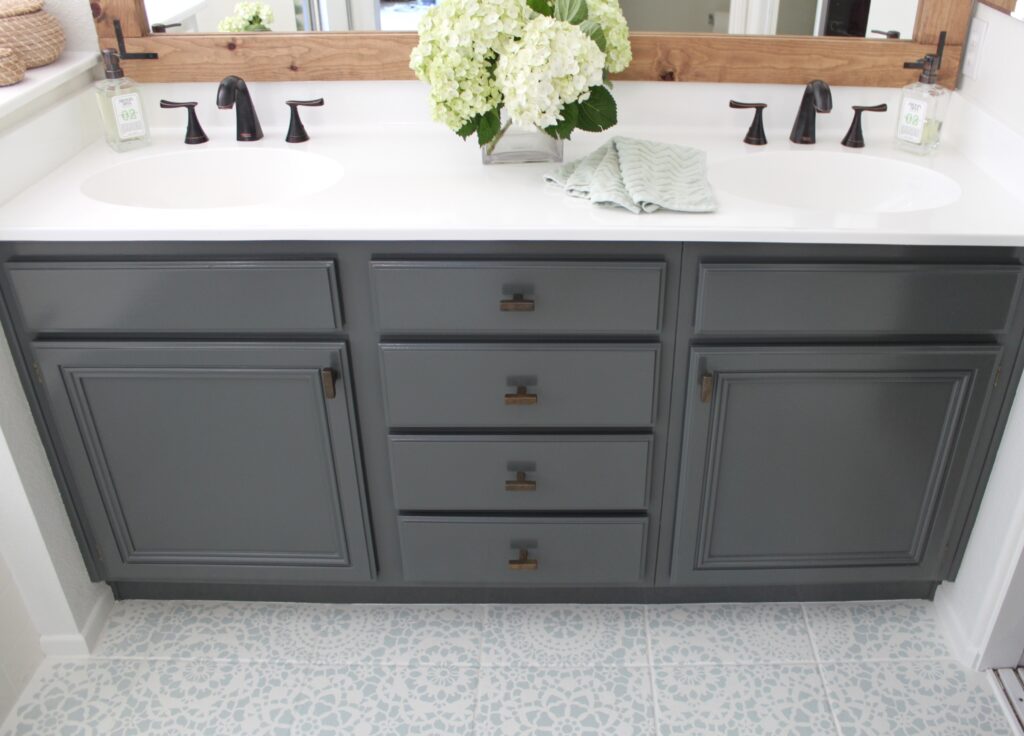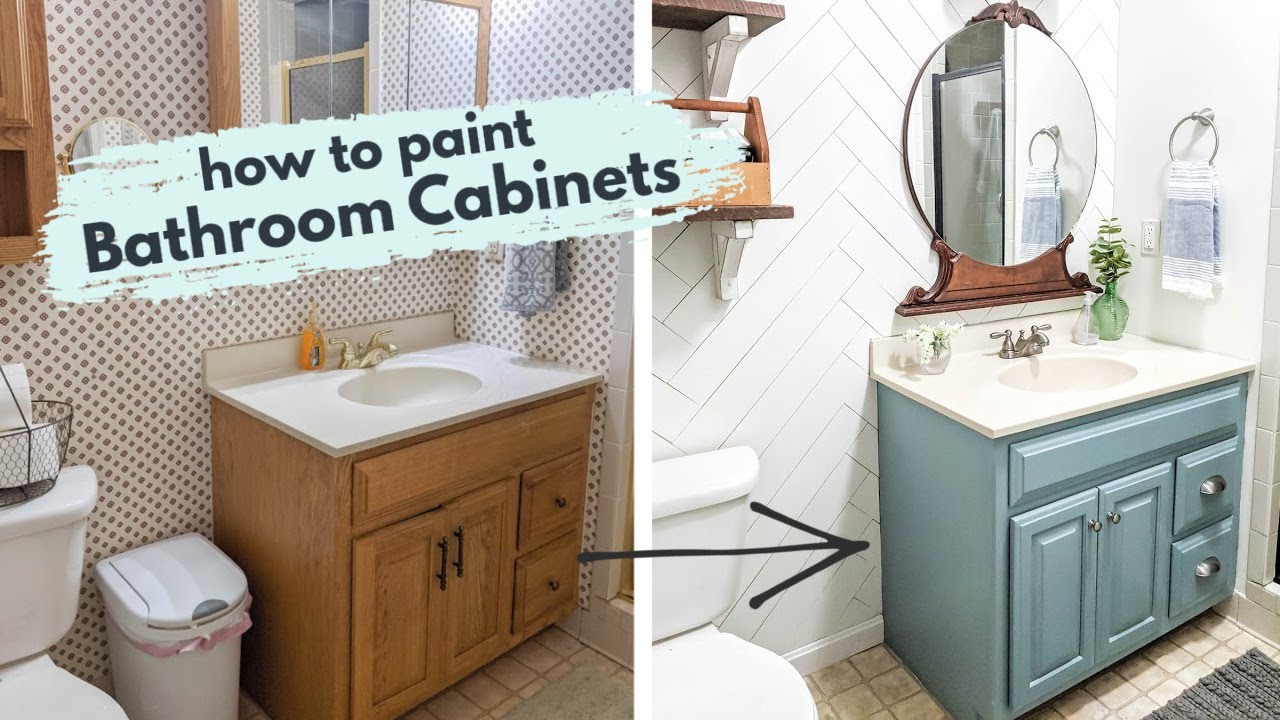Understanding the Importance of Bathroom Cabinet Hinge Replacement
Today, I want to talk to you about something that may not be the most exciting topic, but it’s important when it comes to your bathroom cabinets – hinge replacement. Although it may seem like a small detail, the hinges play a crucial role in the functionality and longevity of your cabinets. Let’s find out why bathroom cabinet hinge replacement is important and how it can benefit you in the long run.
- Enhanced Functionality: One of the key reasons why bathroom cabinet hinge replacement is important is because it enhances the functionality of your cabinets. Over time, hinges can become worn out or damaged, causing the cabinet doors to sag or not close properly. By replacing the hinges, you can restore the smooth operation of your cabinets, allowing you to open and close them effortlessly.
- Improved Aesthetics: Another benefit of replacing your bathroom cabinet hinges is the improved aesthetics it brings. Old, rusty, or mismatched hinges can be an eyesore, detracting from the overall appearance of your bathroom. By opting for new hinges, you can give your cabinets a fresh and updated look, instantly enhancing the visual appeal of your space.
- Longevity of Your Cabinets: Investing in bathroom cabinet hinge replacement can significantly extend the lifespan of your cabinets. Worn-out hinges can cause stress on the cabinet doors, leading to cracks or even breakage. By replacing the hinges before any major damage occurs, you can ensure that your cabinets stay in good shape for years to come.
- Noise Reduction: If you’ve ever experienced the annoyance of squeaky cabinet doors, you’ll understand the importance of hinge replacement. Over time, hinges can accumulate dirt and debris, causing them to squeak when opening or closing. By replacing the hinges, you can eliminate these irritating noises and enjoy a peaceful and quiet bathroom experience.
- Safety and Security: Faulty or damaged hinges can pose a safety risk, especially if they fail to properly support the weight of the cabinet doors. Loose or unstable doors can potentially fall off, causing injury or damage to your belongings. By replacing the hinges, you can ensure the safety and security of your bathroom cabinets, providing peace of mind for you and your family.
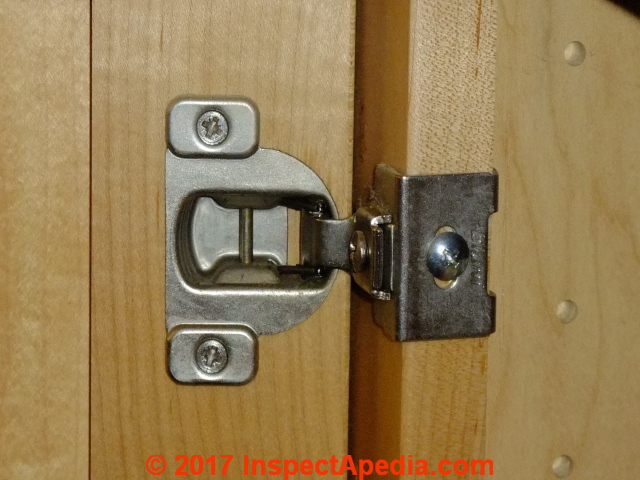
Signs that Your Bathroom Cabinet Hinges Need Replacement
Hey there! Today, let’s talk about an important aspect of bathroom cabinet maintenance – knowing when it’s time to replace the hinges. Over time, hinges can wear out or become damaged, leading to issues with the functionality and appearance of your cabinets. Let’s discuss some key signs that indicate your bathroom cabinet hinges need replacement, helping you identify when it’s time to take action.
Loose or Wobbly Cabinet Doors: One of the most obvious signs that your bathroom cabinet hinges need replacement is when the cabinet doors become loose or wobbly. If you notice that the doors no longer close snugly or have excessive movement, it’s a clear indication that the hinges are worn out. Replacing the hinges will restore the stability and ensure that the doors close properly.
Squeaking or Grinding Noises: Another sign that your bathroom cabinet hinges need replacement is when you start hearing squeaking or grinding noises when opening or closing the doors. This is often caused by accumulated dirt, rust, or worn-out components within the hinges. By replacing the hinges, you can eliminate these annoying noises and restore the smooth operation of your cabinets.
Cabinet Doors Not Staying Open: If you find that your cabinet doors don’t stay open but tend to close on their own, it’s a sign that the hinges are no longer providing enough tension to keep the doors in place. This can be frustrating, especially when you’re trying to access items in your cabinets. Replacing the hinges will ensure that the doors stay open when you need them to.
Visible Damage or Rust: Inspect your bathroom cabinet hinges closely for any visible signs of damage or rust. Cracks, bends, or rust spots can all indicate that the hinges are worn out and need replacement. Not only do damaged hinges affect the functionality of your cabinets, but they can also detract from the overall appearance of your bathroom. Replacing the hinges will restore both form and function.
Difficulty in Opening or Closing: If you’re experiencing difficulty when opening or closing your cabinet doors, it’s a clear indication that your hinges are struggling to perform their intended function. Whether the doors are sticking, rubbing against each other, or not aligning properly, it’s time to consider replacing the hinges. This will ensure the smooth and effortless operation of your cabinets.
Step-by-Step Guide to Replacing Bathroom Cabinet Hinges
Hey there! Are you ready to tackle a DIY project that can improve the functionality and appearance of your bathroom cabinets? Replacing the hinges is a relatively simple task that can make a big difference. In this article, Follow this step-by-step process to replace your bathroom cabinet hinges, helping you achieve smooth and properly functioning cabinets in no time.
Gather the Necessary Tools and Materials: Before you start replacing the hinges, gather all the tools and materials you’ll need for the job. This typically includes a screwdriver, new hinges (make sure they match the size and style of your existing ones), screws, and a tape measure. Having everything on hand will make the process smoother and more efficient.
Remove the Old Hinges: Start by removing the old hinges from the cabinet door and frame. Use a screwdriver to unscrew the screws holding the hinges in place. Carefully remove the hinges, ensuring not to damage the cabinet or the door. If there’s any residual adhesive or debris, clean it off before proceeding.
Measure and Mark: Next, take measurements to ensure proper alignment of the new hinges. Measure the distance from the top and bottom of the cabinet door to the top and bottom of the frame. Use these measurements to mark the placement of the new hinges on both the door and the frame. Double-check the alignment before moving on.
Install the New Hinges: Now it’s time to install the new hinges. Start with the door. Align the hinge with the marked placement and use the screws to secure it in place. Repeat the process for the hinges on the frame. Make sure the hinges are tightly attached, but be cautious not to overtighten the screws, as it may strip the holes.
Test and Adjust: Once the new hinges are installed, test the cabinet door to ensure it opens and closes smoothly. If necessary, make any adjustments to the hinge position to ensure proper alignment and movement. This may involve loosening the screws slightly and repositioning the hinge before tightening them again.
Repeat for Additional Doors: If you have multiple cabinet doors, repeat the same process for each one, ensuring consistent placement and alignment of the hinges. Take your time to ensure accuracy and proper functionality.
Clean and Finalize: After all the new hinges are installed, clean up any debris or dust that may have accumulated during the process. Take a moment to appreciate your newly replaced hinges and the improved functionality of your bathroom cabinets.
Choosing the Right Hinges for Your Bathroom Cabinet
Hey there! Now that you know how to replace bathroom cabinet hinges, let’s talk about an important aspect of the process – choosing the right hinges. The hinges you select can greatly impact the functionality and durability of your cabinets. Below are some key factors to consider when choosing hinges for your bathroom cabinet, to help you make an informed decision.
Cabinet Type and Door Construction: The first factor to consider when choosing hinges is the type of cabinet you have and the construction of the cabinet doors. Cabinets can vary in style, material, and weight. For example, if you have a frameless cabinet, you’ll need hinges specifically designed for frameless applications. Similarly, if your cabinet doors are made of heavy solid wood, you’ll need hinges that can support the weight. Consider the specific characteristics of your cabinet and choose hinges that are suitable for your needs.
Overlay or Inset Doors: Another important consideration is whether your cabinet doors have an overlay or inset design. Overlay doors are the most common, where the doors overlap the cabinet frame. Inset doors, on the other hand, are set flush with the frame. The type of door design will determine the style of hinge you need. Overlay hinges are typically concealed or semi-concealed, while inset hinges are often visible.
Opening Angle and Door Swing: Think about the desired opening angle and door swing of your cabinet doors. This will impact the type of hinge you choose. Standard hinges typically allow for a 90-degree opening angle, but there are options available for wider angles if needed. Additionally, consider if you want your doors to swing open to the left or right. Choose hinges that accommodate your preferred door swing direction.
Hinge Material and Finish: The material and finish of the hinges are not only functional aspects but also contribute to the overall aesthetics of your cabinets. Common hinge materials include steel, brass, and zinc alloy. Consider the durability and corrosion resistance of the materials. Additionally, choose a finish that complements the style of your bathroom, such as chrome, nickel, or bronze.
Quality and Brand Reputation: Last, consider the quality and reputation of the hinge manufacturer or brand. Look for hinges that are well-known for their durability and reliability. Read reviews and seek recommendations from professionals or trusted sources. Investing in high-quality hinges will ensure they withstand the test of time and continue to perform optimally.
Tips and Tricks for Maintaining Your Bathroom Cabinet Hinges
Hey there! Now that you’ve replaced your bathroom cabinet hinges and chosen the right ones, it’s important to take care of them to ensure their longevity and optimal performance. Here are some helpful tips and tricks for maintaining your bathroom cabinet hinges, helping you keep them in great shape for years to come.
Regular Cleaning: Regularly clean your cabinet hinges to prevent the buildup of dirt, dust, and debris. Use a soft cloth or a gentle cleaning solution to wipe down the hinges, removing any grime that may accumulate over time. This will help maintain the smooth operation of the hinges and prevent unnecessary wear and tear.
Lubrication: Periodically lubricate your hinges to ensure they operate smoothly. Use a silicone-based lubricant or a lightweight oil to lubricate the moving parts of the hinges. Apply a small amount to the pivot points and the areas where the hinges move against each other. This will reduce friction and prevent squeaking or sticking.
Tighten Loose Screws: Regularly check the screws that hold the hinges in place and tighten them if they become loose. Loose screws can cause hinges to become misaligned or affect the stability of the cabinet doors. Carefully inspect and tighten any loose screws to maintain the proper function of the hinges.
Avoid Excessive Weight: Be mindful of the weight you place on your cabinet doors. Avoid overloading the cabinets or placing heavy objects that can strain the hinges. Excessive weight can cause hinges to wear out more quickly or lead to misalignment. Distribute the weight evenly and use additional support if necessary.
Check for Signs of Wear: Regularly inspect your cabinet hinges for any signs of wear, damage, or rust. If you notice any issues, such as cracks, bent components, or excessive rust, it may be time to consider replacing the hinges. Catching and addressing these issues early will prevent further damage and ensure the longevity of your cabinets.
Replacement hinge for bathroom medicine cabinet
How Can I Tell Which Hinge I Have In My Kitchen Cabinet?
Zenith 3 Piece Replacement Hinge Set For M, Tm, u0026 Tmb Triview
Ways To Easily Fix Cabinet Door Hinges
Cabinet Hinges – Cabinet Hardware – The Home Depot
Related articles:
- Bhs Bathroom Cabinet
- Narrow Bathroom Cabinet With Drawers
- Bathroom Cabinets Louisville Ky
- Bathroom Cabinet Replacement Parts
- Custom Bathroom Cabinets Chicago
- Drawers For Bathroom Cabinets
- Free Standing Bathroom Cabinets Marks And Spencer
- Bathroom Cabinets Painted With Chalk Paint
- Ready To Assemble Bathroom Cabinets And Vanities
- Painting Bathroom Cabinets Without Sanding


